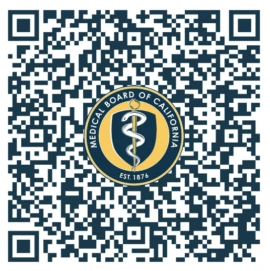You can forget about the anti-gluten crusade that you’ve been hearing lately and sink your teeth into a chewy baguette. Gluten may not be the bad guy you thought it was.
Did you know only 1 percent of all people in the U.S. are struggling with celiac disease? It is an autoimmune condition that affects the small intestine. If untreated, it could increase the risk of developing more serious disorders like type 1 diabetes, infertility, epilepsy, osteoporosis, multiple sclerosis and intestinal cancer.
According to previous reports, gluten seems to trigger celiac disease as well as other undesirable symptoms such as abdominal pain, diarrhea, constipation and bloating. Others reported ADHD-like symptoms, depression, migraine and chronic fatigue. In addition, Dr. David Perlmutter, a neurologist and author of the book Grain Brain, also maintained that gluten consumption is linked with Alzheimer’s disease.
But all the second-guessing about gluten and its adverse effects may be laid to rest with a new study.
Gastroenterology professor Dr. Peter Gibson of Monash University in Australia said the real culprit for tummy troubles is not gluten. Rather, it is a type of carbohydrate known as fermentable oligosaccharides, disaccharides, monosaccharides and polylols, or FODMAPs, for brevity. Dr. Gibson was the same researcher who said, in 2011, that gluten is linked to gastric distress.
In this latest study, Dr. Gibson disclosed that when FODMAPs are not fully absorbed in our gastrointestinal tract, it will be fermented by bacteria. As a result, it will trigger diarrhea, bloating and abdominal pain, among others. FODMAPs are usually found in sweeteners, lactose and coconut-based products. More research studies, however, are being conducted to explore Dr. Gibson’s conclusions.



